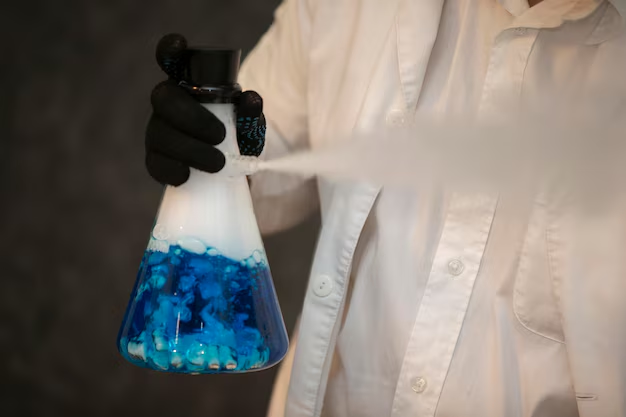How To Become A Toxicologist: Essential Education and Certifications
Embarking on a career as a toxicologist requires a solid educational foundation coupled with specialized training and certifications. Typically, aspiring toxicologists start with a bachelor's degree in biology, chemistry, or a related physical science. This provides crucial insights into the fundamentals of biology and chemistry, which are vital in understanding how toxic substances interact with biological systems. However, a bachelor's degree often serves as the first stepping stone. Pursuing a master's or doctorate in toxicology, pharmacology, or environmental health is highly recommended for those seeking advanced positions in research and academia.
In addition to degree programs, obtaining certification as a Diplomate of the American Board of Toxicology (DABT) can significantly enhance a toxicologist's credentials. This certification demonstrates a high level of proficiency and commitment to the field, making it an attractive qualification for employers. Furthermore, participating in workshops, continuing education courses, and specialized training programs in toxicology or related fields can provide practical experience and keep professionals updated with the latest scientific advancements.
Pathway to Becoming a Toxicologist
- 🎓 Bachelor's Degree: Biology, Chemistry, or related sciences
- 🎓 Master's/Ph.D.: Toxicology, Pharmacology, Environmental Health
- 🏅 Certification: Diplomate of the American Board of Toxicology (DABT)
- 📚 Continuing Education: Workshops, Courses, Specialized Training Programs
